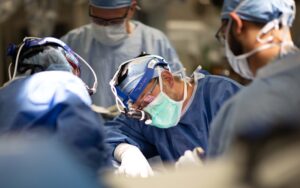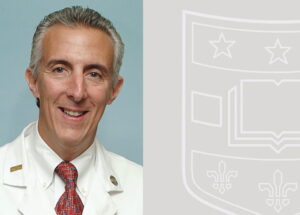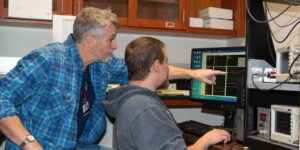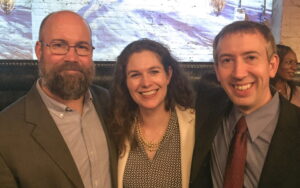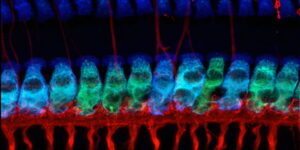While clinical activities at Barnes-Jewish Hospital have ground to a near halt due to COVID-19, the Department of Otolaryngology’s head and neck surgeons remain as busy as ever, treating cancer patients who can’t afford to wait. Some of those patients come from hundreds of miles away because their own hospitals shut down surgical efforts completely. […]
Treating cancer in the shadow of COVID-19
